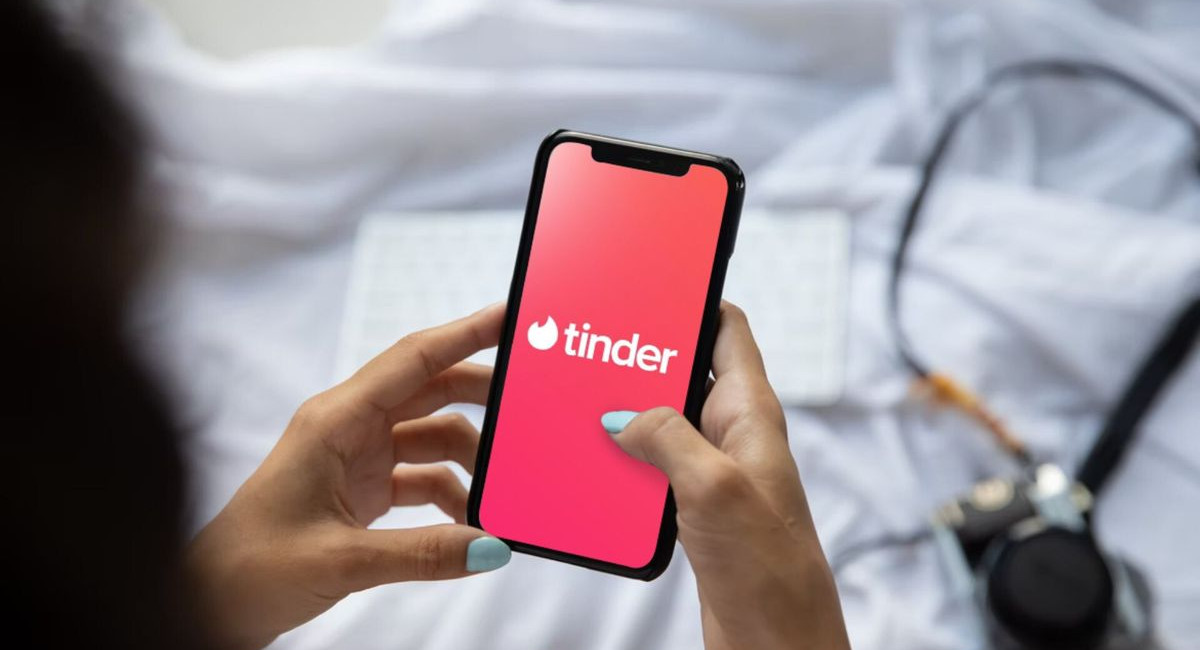SEARCH
Tinder uses AI to read your photos and find better matches

SHARE IT
Tinder is taking online dating to a new level with the help of artificial intelligence. In its Q3 2025 earnings report, Match Group, the parent company behind the popular dating app, announced that it is testing a new AI-powered feature called “Chemistry.” The system is designed to go beyond basic swipes and profile bios by learning about each user’s personality, preferences, and even visual cues from their photo gallery.
The concept is straightforward but ambitious: Chemistry will ask users interactive questions to understand their interests and behaviors and, with permission, scan their camera roll to analyze lifestyle patterns and aesthetics. Using deep learning algorithms, the AI will then suggest a small selection of highly compatible profiles each day, aiming to replace endless swiping with a few quality matches.
Match Group says this new system will play a key role in Tinder’s redesigned experience planned for 2026. For now, Chemistry is being tested in New Zealand and Australia, with global expansion expected in the coming months. The company believes the new feature could redefine how people connect online — focusing more on meaningful compatibility and less on random attraction.
Beyond the new AI capabilities, Tinder is also undergoing a design transformation. Match Group revealed that it is building a more “design-led culture,” with a major visual overhaul already in progress. A redesign for iOS called “Liquid Glass” will soon roll out, giving the app a cleaner, more fluid interface. The new aesthetic aims to make the user experience more immersive and visually engaging, aligning with the app’s shift toward smarter, more personalized interactions.
Tinder’s technical performance has also seen notable improvements. Startup times on Android are now 38% faster, while crash rates have dropped by over 32%. On iOS, the app’s stability has improved by 57%, and the development team is targeting load times of less than one second. These upgrades suggest that Match Group is investing heavily not only in AI innovation but also in creating a smoother, more reliable dating experience.
Tinder is also testing several new social features designed to make interactions feel more natural and transparent. Among these are “Contextual Likes” and “Open Messaging,” though Match Group has not yet shared specific details about how they work. One confirmed feature, however, is “Prompts on Photos,” which has now been rolled out to all users. This allows people to add short captions or reasons explaining why they liked someone’s photo — a small but potentially meaningful change that encourages more authentic engagement.
The platform’s ongoing evolution reflects a broader shift in online dating: moving from superficial swiping to more genuine communication and self-expression. Tinder’s AI-driven Chemistry and these new features together signal an effort to make matches feel less algorithmic and more human.
Alongside these updates, Match Group is emphasizing user safety as a top priority. Its recently launched “Face Check” verification system, which requires users to confirm their identity via a short video selfie, is showing strong results. According to the company, the feature has led to a 60% reduction in the visibility of profiles linked to “bad actors” — accounts flagged for suspicious or harmful activity — and a 40% decrease in reports of such behavior in regions where Face Check is active.
These numbers suggest that AI isn’t just being used to match people more effectively, but also to make Tinder a safer and more trustworthy space. As concerns about catfishing, scams, and fake profiles continue to grow, verification technologies like this one could become essential across all dating platforms.
If successful, Chemistry could represent one of the most significant changes to online dating since Tinder first introduced the swipe mechanic over a decade ago. By allowing AI to interpret not just text but also the visual and emotional cues hidden in photos, Tinder hopes to create matches that feel more authentic and intuitive. For users, that could mean fewer awkward first dates and more meaningful connections — or, at the very least, an experience that feels more personal and less like a game.
MORE NEWS FOR YOU

 Help & Support
Help & Support 

